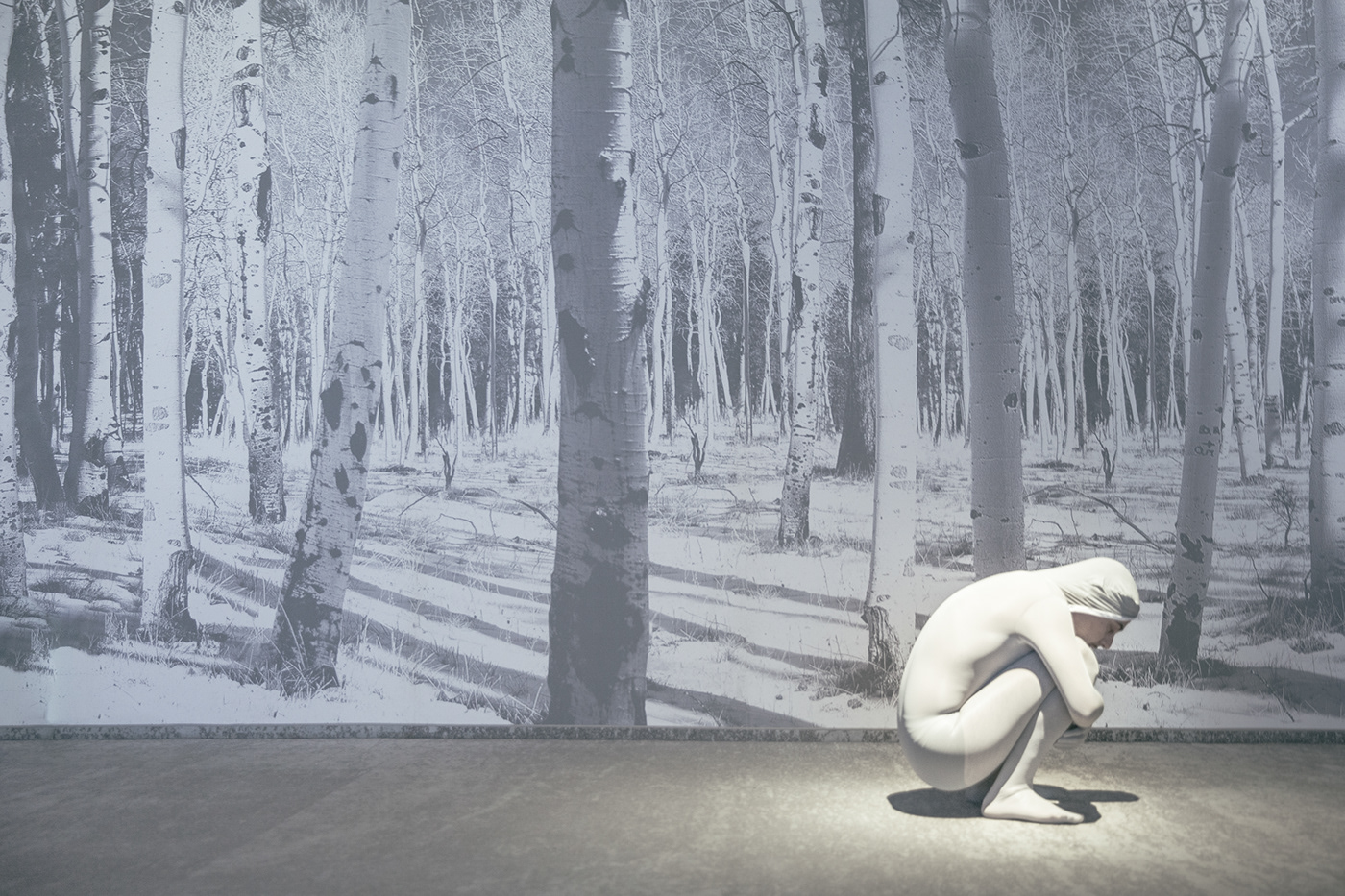

Myriad issues that bring clients to counseling, such as marital and family discord, problems at work and especially mental health complaints such as depression and anxiety, are frequently connected to substance abuse and addiction. Many of these underreported and undiagnosed cases will end up in counselors’ offices - though not necessarily with addiction as the presenting cause. However, because of the strong stigma attached to acknowledging addiction, many experts believe that estimate is low.

The survey data is based on face-to-face interviews with a representative portion of the population. “I mean, who would talk to a counselor whose name is Juhnke? I wanted to go into marriage and family therapy, but what I found is that so many of the couples and families I saw came in with issues related to addiction.”Īccording to the 2012 National Survey on Drug Use and Health conducted by the Substance Abuse and Mental Health Services Administration (SAMHSA), an estimated 20.7 million Americans have a substance use disorder. “I didn’t really want to go into addictions counseling,” he says. Gerald Juhnke, an American Counseling Association member who has been involved with addictions counseling since 1995, confirms that thought. “And I’m thinking, ‘Well, unless you work on the moon, most of your caseload is going to have some impact through or someone else’s use.’” “I think I’ve heard more often than not, ‘You know, I really don’t want to work with alcoholics and addicts,’” says Ford Brooks, an addictions specialist and counselor educator at Shippensburg University in Pennsylvania. For some counselors, it might even seem easier to avoid working with clients who are struggling with addiction.

But it’s a disease with a particularly bad reputation, and many counselors may associate it with resistant clients and low rates of successful treatment. Labels that reinforce the belief that addiction happens to “other” people - or other counselors’ clients.Ĭounselors know that addiction is a disease, of course. These are just some of the ugly labels that get thrown around when people talk about addiction.


 0 kommentar(er)
0 kommentar(er)
